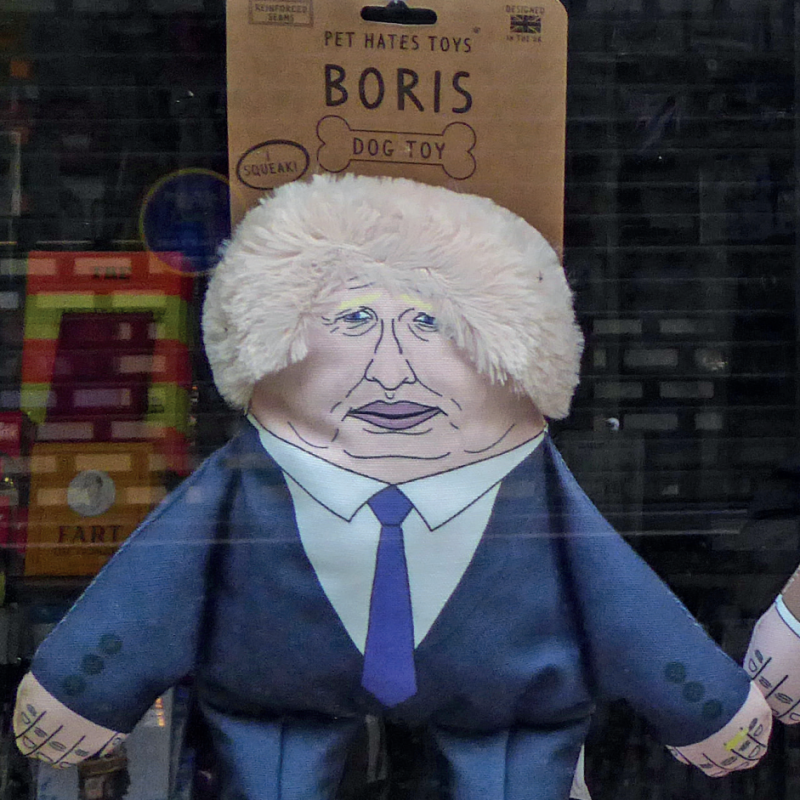Defence Secretary Ben Wallace said the Kremlin has around 60% of its ‘land combat power’ on Ukraine’s borders.
16 February 2022
A Russian invasion of Ukraine would “shake the foundations of international order”, with severe consequences, Boris Johnson believes.
The UK and Nato gave a sceptical response to Russian statements about the withdrawal of troops following military exercises, with Defence Secretary Ben Wallace warning that Vladimir Putin’s forces still had the capacity to overwhelm Ukraine.
Diplomatic efforts to resolve the crisis continued, but Nato’s secretary general warned “we are prepared for the worst”.
Russia’s defence ministry claimed troops are returning to base following the conclusion of military exercises, with units crossing out of Crimea on Wednesday.
Mr Wallace said Moscow will be judged by its actions but said he has not seen “evidence of withdrawal”.
Reports based on US intelligence sources had suggested Wednesday could see the Russian president launch his invasion, but Mr Wallace said he has never talked about a specific date when troops might cross the border.
“I’ve never talked about a date because in all the intelligence I’ve seen dates are not the issue, the issue here is the significant amount of forces,” he told Sky News.
Defence Secretary @BWallaceMP is with @NATO Defence Ministers today and tomorrow to discuss the Allied response to the buildup of Russian military forces on the border of Ukraine.
The UK’s contribution to NATO’s uplift in Eastern Europe is strengthening the Alliance’s defences. pic.twitter.com/jXzmBMsUqN
— Ministry of Defence 🇬🇧 (@DefenceHQ) February 16, 2022
He added “there are definitely dates in the mix” and the Russians “haven’t taken the foot off the gas”.
Mr Wallace said Nato will work to “reduce tension and try and de-escalate” but Russia has a “force that would overwhelm Ukraine should it be deployed”.
He said there are more than 100 battalion tactical groups of the Russian ground forces – some “60% of the entire Russian land combat power” – on the borders of Ukraine.
Mr Wallace was in Brussels for a meeting of Nato defence ministers to discuss the crisis.
On Wednesday, the Russian defence ministry released a video showing armoured vehicles moving across a bridge away from Crimea, the peninsula Russia annexed from Ukraine in 2014.
A day earlier, the ministry reported the start of a pullback of troops following military exercises near Ukraine.
But Nato secretary general Jens Stoltenberg said “we have not seen any withdrawal of Russian forces”.
“We will continue to convey a very clear message to Russia that we are ready to sit down and discuss with them but at the same time we are prepared for the worst,” he said.
“And if Russia once again invades Ukraine, they will pay a high price.”


Meanwhile the Prime Minister kept up efforts to maintain a united diplomatic alliance in response to the Russian military build-up.
In a call with Japanese counterpart Fumio Kishida the two leaders agreed the situation was “deeply concerning”.
“Both agreed that the international community needed to stand united against an invasion of an independent country, and said they would not tolerate Russia’s aggression,” a Downing Street spokeswoman said.
“An invasion would shake the foundations of international order, and have severe consequences, they agreed.”
The Prime Minister has warned that Russia will face “very tough” new sanctions if Russia invades Ukraine, but Moscow’s foreign minister Sergei Lavrov said the UK would face reciprocal action if that happened.
I spoke with Prime Minister @kishida230 this morning and we both agreed that the international community needed to stand united against an invasion of an independent country – which would carry severe consequences.
Both the UK and Japan will not tolerate Russia’s aggression.
— Boris Johnson (@BorisJohnson) February 16, 2022
“Sanctions could be imposed against any legal entities and individuals just for being Russian,” Mr Lavrov claimed about the UK plans at a press conference in Moscow.
Warning against a new round of “sanction wars”, he said: “Both the Russian government and our parliament, they won’t be idle when they see such things are happening in the West.”
Russia has insisted it has no plans to invade Ukraine and has raised concerns about Nato’s expansion in eastern Europe.
In Ukraine, a “day of national unity” was being marked in response to the situation.
President Volodymyr Zelensky said in a video address to the nation: “We can defend our home only if we stay united.”
Although no invasion has been launched, the country was hit by a cyber attack which targeted its defence ministry and banks on Tuesday.
Former MI6 chief Sir John Sawers suggested the risk of an invasion “was never quite as high as was being portrayed by some western governments”.
He told BBC Radio 4’s Today programme: “I don’t think that President Putin ever decided to invade the country and, indeed, I think it would always have been a very risky course for him to have taken.”



